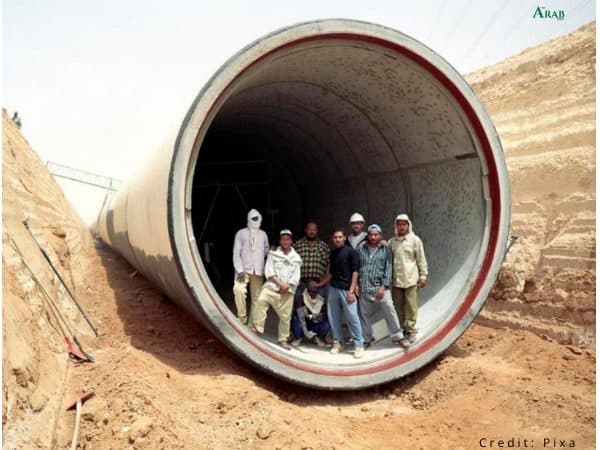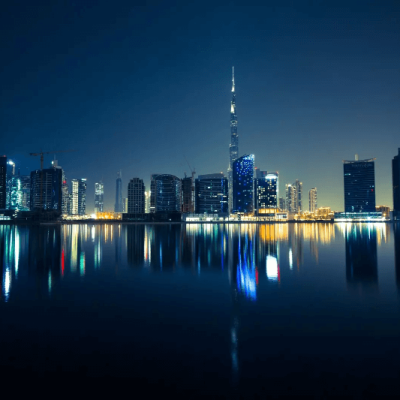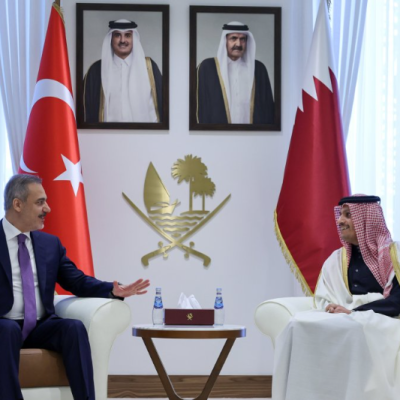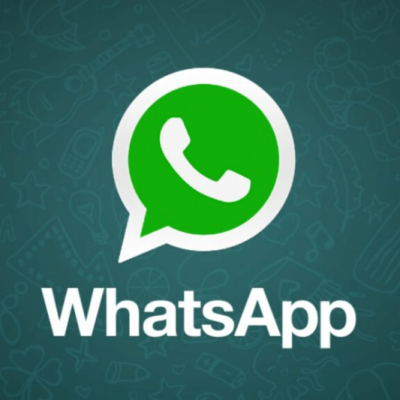Water and electricity shutoff in Libya

“The electricity was cut yesterday afternoon; it came back for a few hours and it’s gone since this morning. The pumping of water depends on electricity, the filter systems. We can’t run out of electricity, the tools in hospitals don’t work without electricity. ” Osama al-Wafi, a Libyan journalist and spokesman for the Sabha Medical Center, the biggest in Southern Libya, told the Italian “Speciale Libia” on Friday. According to the Libyan journalist, blackout in Sabha is due to the closure of the pipeline in the main power plant.
“We in southern Libya pay the highest price for the conflict, 100% depending on coastal cities for drinking water bottles, despite the fact that the Great Man-Made River extracts water from our subsoil.” He added, revealing also that restrictive measures to prevent the spread of the new coronavirus (COVID-19) in the North African country, are reducing many families to poverty. The situation is the same in most of Libya southern region, included Ghat, Hon and Aubari.
Yesterday, the United Nations Humanitarian Coordinator in Libya, Yacoub El Hillo, confirmed that more than two million people, including 600,000 children, who live in the Libyan capital Tripoli and surrounding towns and cities, are suffering from water cuts for almost a week now. The water supply was disrupted by an armed group in the Sherif area as a pressure tactic to secure the release of family members. All mediation efforts until now do not seem to have produced a resolution to the dispute while millions of Libyans remain deprived of water.
“Water should never be used as a pressure card nor as a weapon of war. It is particularly reprehensible to deliberately cut off water supplies from people anywhere in Libya. This deplorable water cut is coinciding with a serious power outage in the western region, also imposed as a result of another individual dispute”. The humanitarian coordinator stated, stressing that “at this moment when Libya is fighting the threats of the COVID-19 pandemic, access to water and electricity is more than ever lifesaving, and such individual acts to collectively punish millions of innocent people are abhorrent and must stop immediately”.
While foreign countries, in particular, Turkey and the Gulf States, compete to send more weapons in Libya, loads of electricity generators do not arrive in Libya and the risk of a massacre is really concrete. Without electricity, there is no oxygen in hospitals. There is no drinking water to wash hands often as recommended by the World Health Organization (WHO) and local authorities who have imposed a curfew to curb the COVID-19 spread.




